World Bank uses climate crisis as cover for land-grabbing, Oakland Institute says
- Mongabay
- 03 June 2025
"Whereas the Bank’s push for large-scale agribusiness is global, the African continent is its central target"
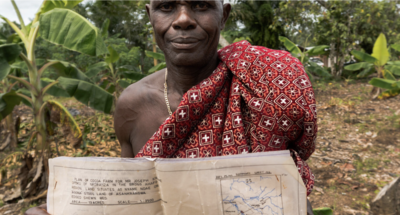
"Whereas the Bank’s push for large-scale agribusiness is global, the African continent is its central target"
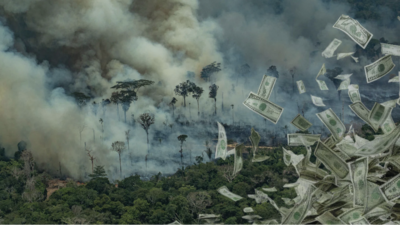
Ahead of the World Bank’s 2025 Land Conference starting on May 5th in Washington D.C., a new Oakland Institute report exposes how the financial institution is using the pretext of climate crisis to push a global land “reform” agenda that favors corporate interests at the expense of people and the planet.
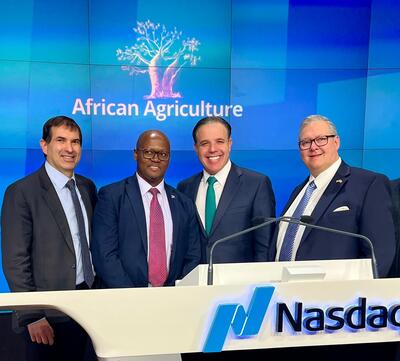
Il est désormais clair qu’African Agriculture ne tiendra pas ses promesses de « développement » de la région. Sur son lit de mort, l’entreprise doit restituer ses terres aux communautés du Sénégal, du Niger et de Mauritanie.

The downfall of US-based firm African Agriculture is being closely watched by Senegalese communities who have struggled for years for the return of their lands.

On this episode of Going Underground, we speak to Anuradha Mittal, Founder and Executive Director of The Oakland Institute, which has reported on the IMF and World Bank’s carving up of Ukrainian farmland and the myths about the Black Sea Grain Deal
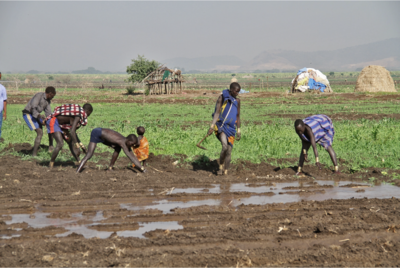
Researchers say the construction of a dam and sugarcane plantations has dispossessed the Lower Omo’s peoples of their farming and grazing lands and irreversibly altered the natural cycles of the Omo River.
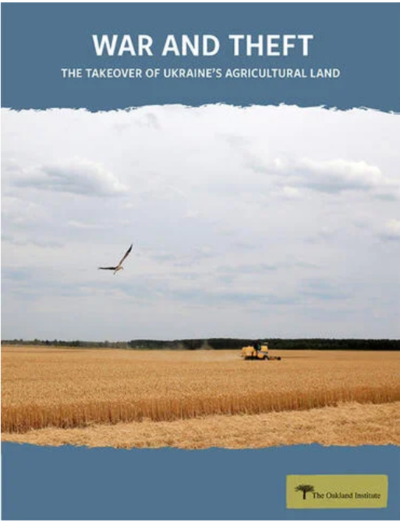
One year into the war, a new report reveals how oligarchs and financial interests are expanding control over Ukraine’s agricultural land with help and financing from Western financial institutions.
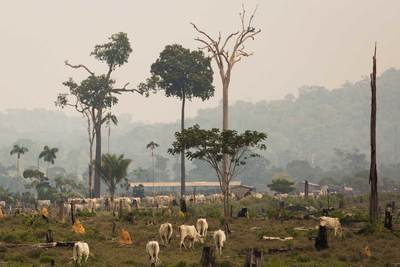
As the climate emergency gets more acute and devastating everyday, we can’t waste more time waiting for the decisive actions required to end the ravages caused by industrial agriculture in Brazil.
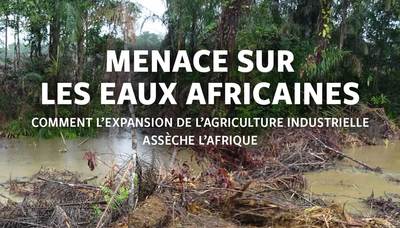
Une revue de 15 projets dans 11 pays tire la sonnette d'alarme sur l'accaparement de l'eau et appelle à une action urgente pour protéger le droit à l'eau en Afrique.

The Bolloré Group is involved in rubber and oil palm plantations through its 39.4 percent shareholdings of SOCFIN, which controls close to 400,000 hectares of concessions for plantations in Asia and Africa.
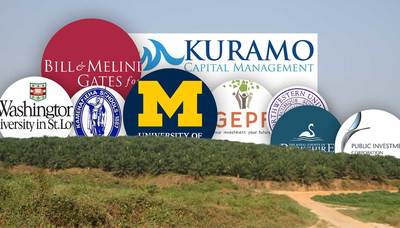
As community efforts to reclaim 100,000 ha of their ancestral land are met with violent repression, unlawful arrests, and murder, a new report exposes the financiers profiteering from the plantations in the DR Congo.
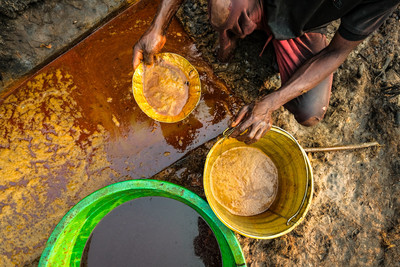
The Bill & Melinda Gates Foundation along with a number of prominent US university endowments are among the top investors in a troubled set of oil palm plantations in the DRC, according to a report from the Oakland Institute.

|
CAR offers land ownership using cryptocurrency
|